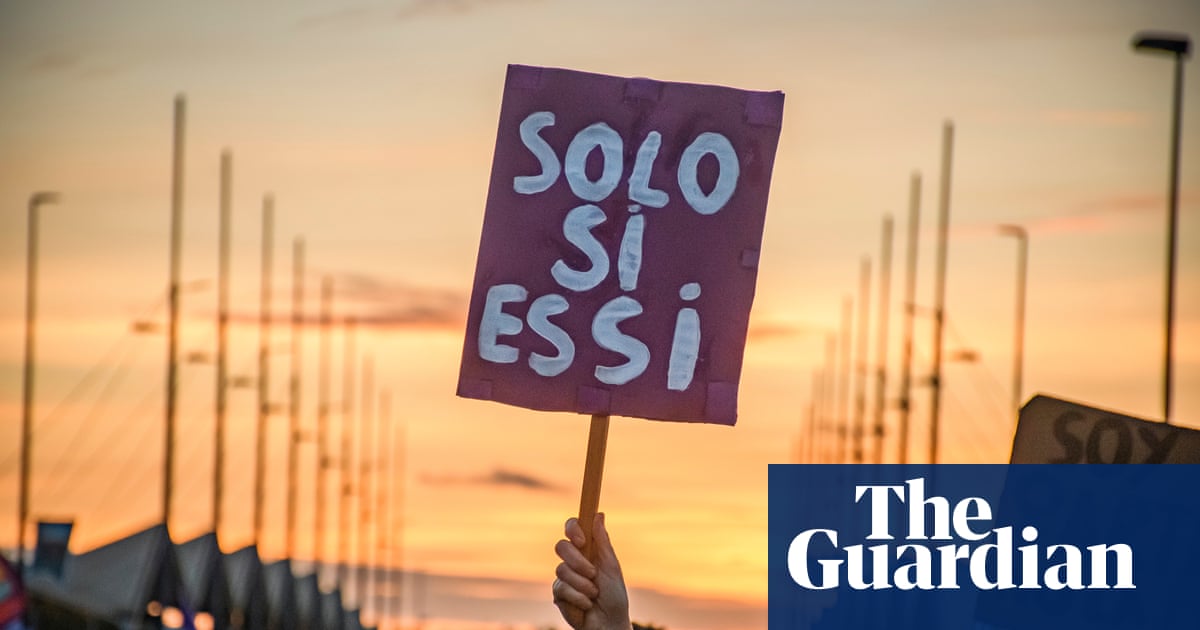
Spain’s prime minister, Pedro Sánchez, has apologised to victims for a loophole in a landmark new law that was intended to toughen penalties for sexual crimes but has allowed some convicted offenders to reduce their sentences.
The legislation, popularly known as the “only yes means yes” law, came into effect last October. It overhauled the criminal code by making sexual consent – or lack of it – key in determining assault cases, in an effort to define all non-consensual sex as rape.
The law dropped the lesser charge of sexual abuse and classed all violations as sexual assault, which carries stiffer penalties. It also cut the minimum and maximum jail sentences, however, leading to some offenders having their terms reduced on appeal.
According to the latest government figures, at least 104 offenders have been released and another 978 have seen their sentences cut. In Spain, sentences can be modified retroactively if a change in the penal code benefits the offender.
“I ask victims for forgiveness for these undesired effects,” Sánchez told the El Correo newspaper on Sunday. “I don’t think any MP, including those … who voted against the law, is OK with lowering the sentences of sexual aggressors.”
Parliament is now examining changes tabled by the prime minister’s left-leaning government that are designed to close the loophole. “We will put a solution on the table to resolve these problems,” Sánchez promised in the interview.
The new law was drawn up after the 2016 “wolf pack” gang rape when five men raped an 18-year-old woman in Pamplona. Initially, they were found guilty of sexual abuse but not rape, as the victim was deemed not to have objected to the assault.
The sentences prompted widespread protests. Spain’s supreme court later overruled lower courts and sentenced the five to 15 years in prison for rape. A lawyer for one of the five has now said he plans to seek a reduction in his client’s sentence.
In making consent the deciding factor, the new law also states that passivity and silence can no longer be interpreted as consent, which must be “freely manifested through actions that … clearly express the person’s wishes”.
In November, Spain’s magistrate associations and main opposition party called for the equality minister, Irene Montero, to resign after she accused judges of “machismo” for reducing prison sentences under the “only yes means yes” law.
Montero has said judges need more training to overcome gender bias and accused some of not obeying the law. Judges say they have no alternative but to rule for defendants if the penalties in the laws under which they were convicted change.
Opposition parties have been infuriated by Montero’s remarks and blame the government for passing a poorly drafted law. Spain is due to hold local and regional elections in May and parliamentary polls at the end of the year.












